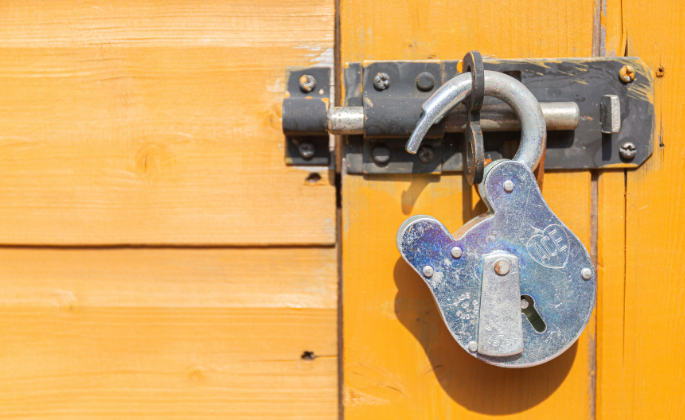Whenever we are working with a nonprofit or business one of the first things that we look at when we are doing a site audit is whether or not you have an open or closed lock icon by your web address.
It might seem trivial but this open or closed lock is a quick and easy fix to improve your website’s reputation online with the people who visit your site, SEO, and overall security.
What is the lock icon
The lock icon represents the SSL or “Secure Sockets Layer” certification. In a nutshell, SSL helps provide added security for your website by establishing an encrypted connection between your web host (website) and a web server (e.g. Bluehost).
SSL ensures that there is a protected and encrypted connection between the two to help protect against any malicious activities on your website. When you click on the little lock icon you can pull up a website’s certification information which includes the domain name, company name, address, city, state, and country.
When a certificate is expired, doesn’t meet certain requirements, or isn’t recognized by the certifying authority, you will get the standard red flag warning that this site might be vulnerable and you shouldn’t go to it.
Who should use an SSL
Ideally, everybody should have an SSL certificate. Particularly any website that facilitates financial transactions should have an SSL certificate. This establishes trust with your constituents and makes it easier for them to give you money.
For our nonprofit clients, this can be especially useful for building trust with donors and making it more likely for them to contribute to your cause using your site.
How to get an SSL certificate
Typically, an SSL can be requested through your hosting provider (where your site is hosted). Most make this fairly easy and relatively painless by offering to install and configure everything for you. There are usually a few options available that range in price from free (yay!) to $99/month (whoa!).
Really, there is no difference aside from access to customer support between any of the certificates. Let’s Encrypt is fueling the move to a fully encrypted web and their free certificate is just fine and/or dandy for the vast majority of sites.
If you haven’t set up your SSL certification yet, it is quick and easy and we highly recommend getting that done asap. If you are unsure how to or what is right for you give us a call and we can help you with the installation process.

